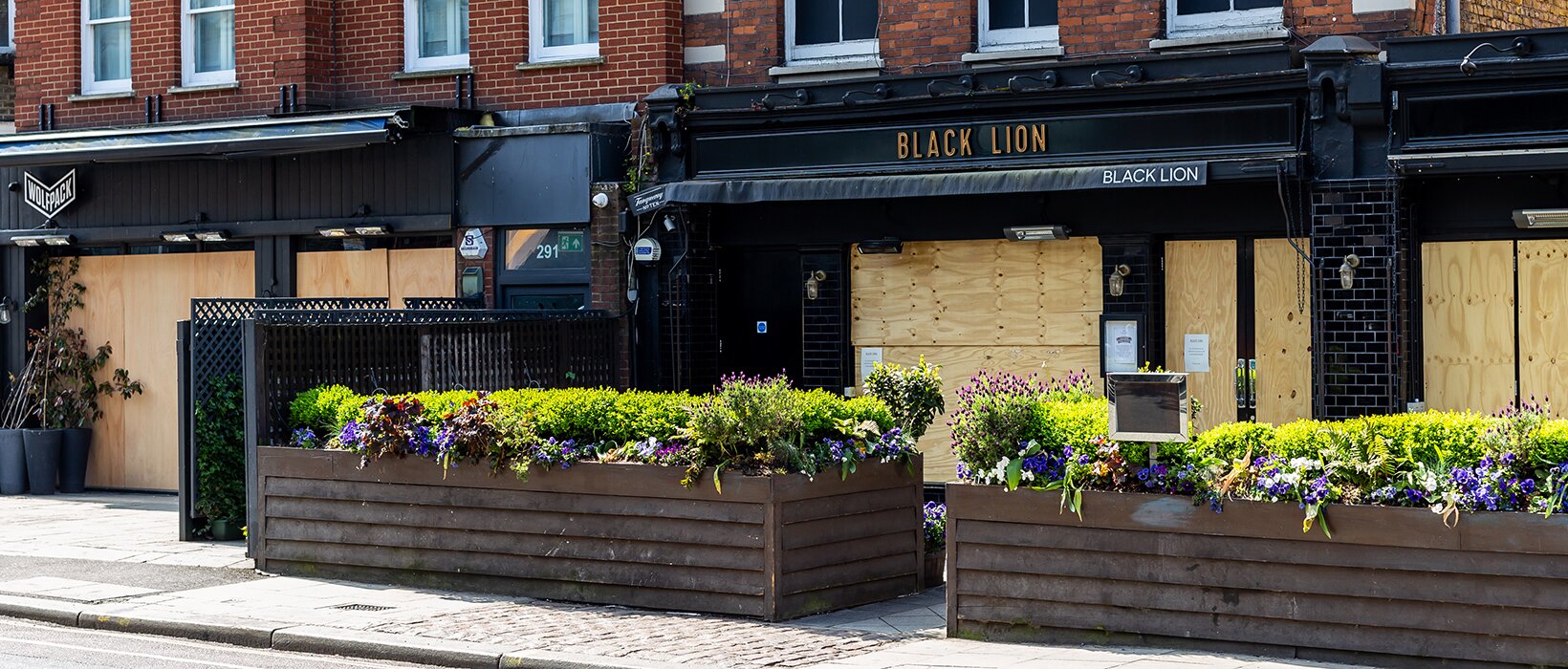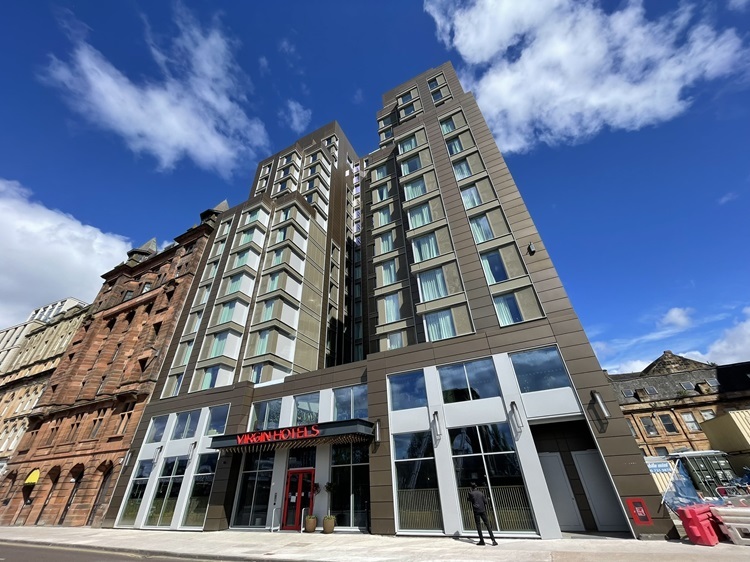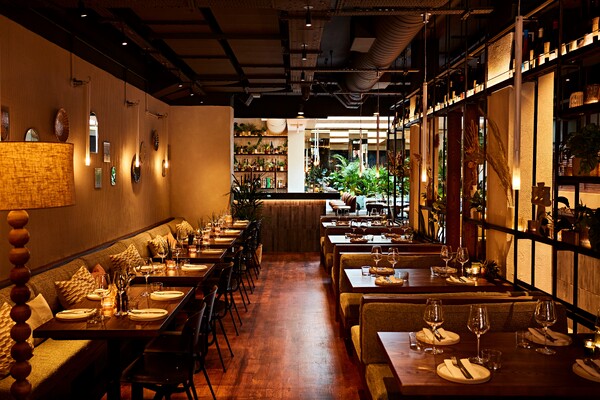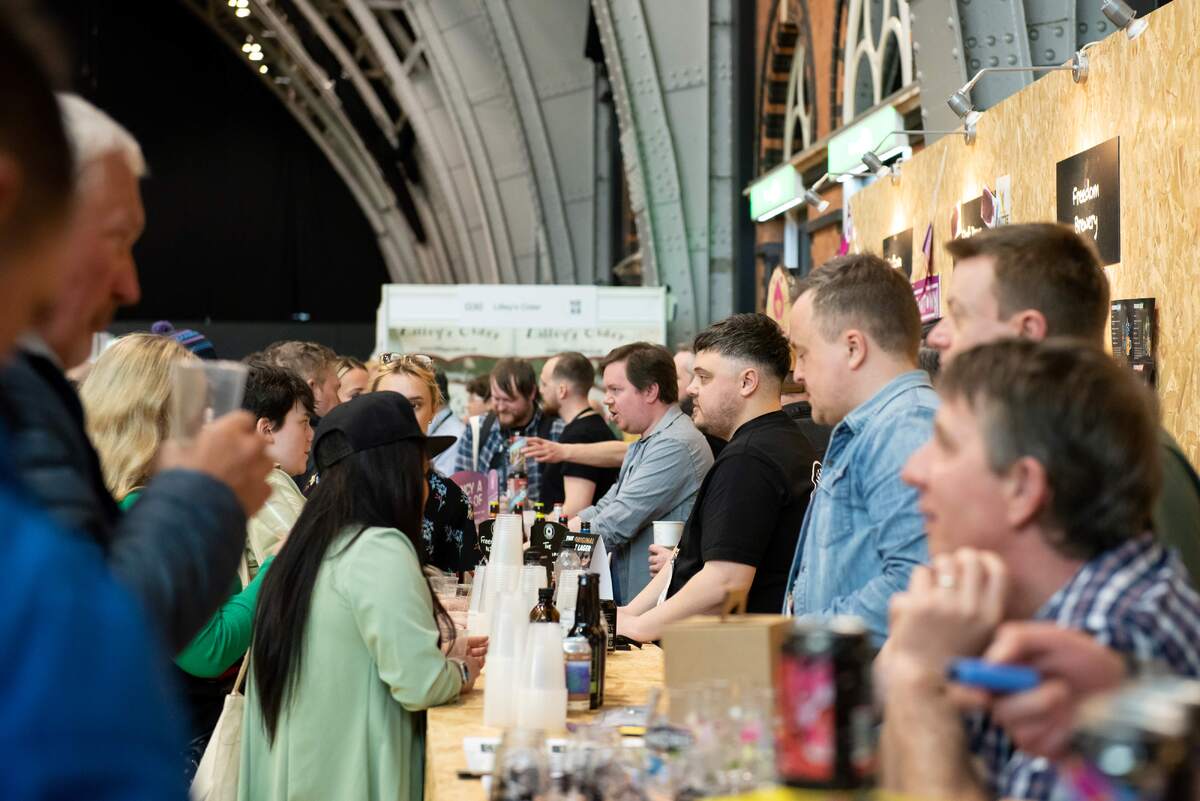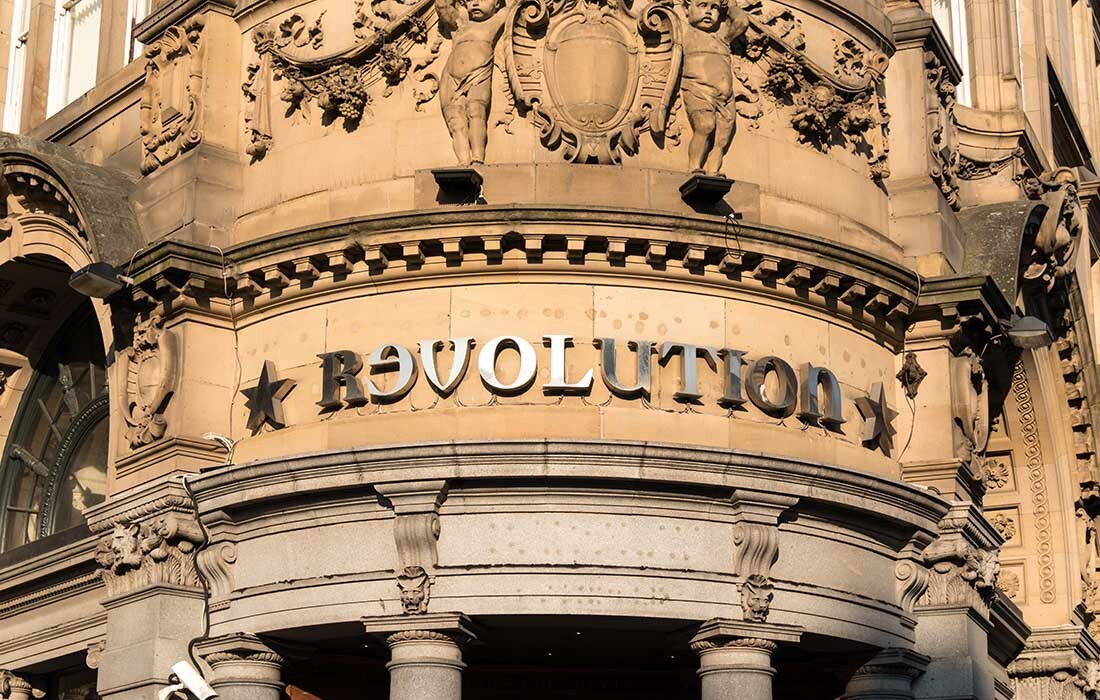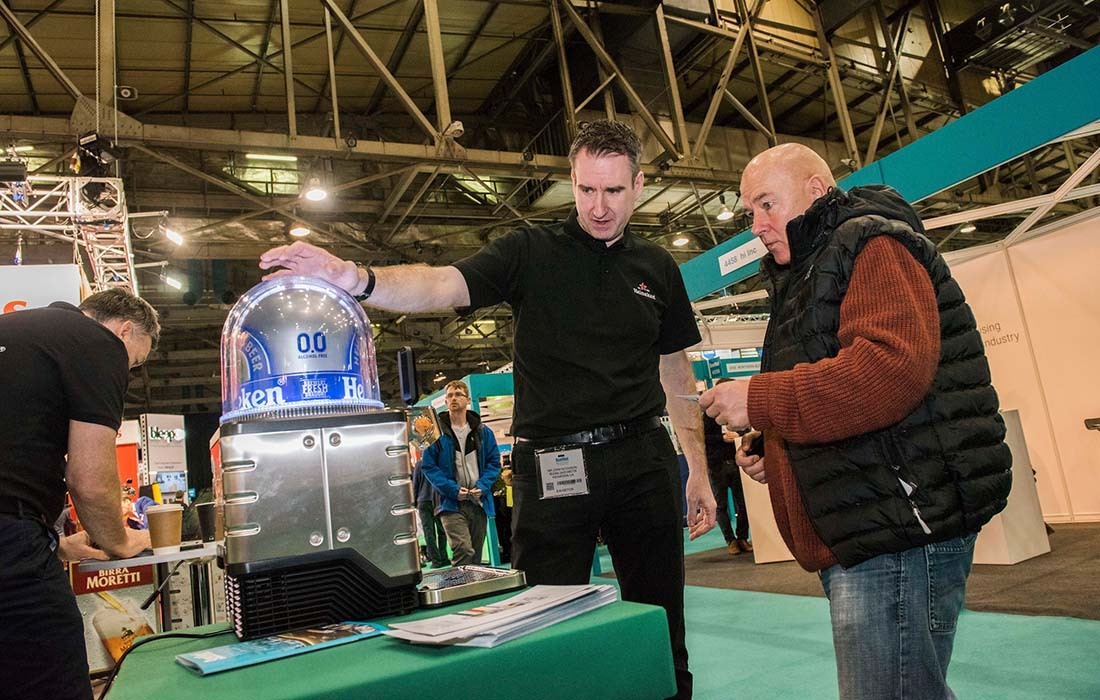Number of UK licensed premises drops below 100,000 for first time in two decades
UKHospitality has called for urgent government support in the Autumn Statement as new figures have revealed that the number of licensed premises in Britain has dropped below 100,000 for the first time in 20 years.
Some 44,000 venues serving alcohol have been lost since 2003 – the equivalent to six closures every day for the last 20 years – new figures show.
According to analysis by UKHospitality and CGA by NIQ, at the end of September the total number of licensed premises in Britain stood at 99,916. This represents a drop of 31% from the figure of 144,055 recorded by CGA in 2003.
The largest losses have been drink-led pubs, bars and nightclubs, which have declined by 43.6% over the 20-year period.
This data is backed up by the British Beer & Pub Association, which estimates that some 750 pubs are set to close in the first half of 2024 as energy costs, business rates and tax push pubs to the wall.
In addition, according to CGA by NIQ, there has been an uplift in managed sites in the two decades recorded, which are up 15% compared to a 33% decline in independent businesses.
While wet-led venues have suffered, the period has seen an increase in eating venues, which are up 15%, mainly in the form of the casual dining restaurants and food-led pubs.
UKHospitality chief executive Kate Nicholls said the analysis showed a changed landscape for hospitality and called for a change in approach from government, with more support for the industry.
She said: “Given the shocking number of hospitality business closures exposed by these new figures, the last thing the sector needs is the potential £1b bill as a result of the business rates hike due in April.”
Nicholls added: “The Autumn Statement is an opportunity to extend the current business rates relief and freeze the current multiplier. In doing so, it can not only save more local and national businesses from closure but enable investment and growth.
“We also continue to ask the chancellor to consider more medium- to long-term measures to support the industry, such as reviewing the rate of VAT for hospitality and reforming the apprenticeship levy to give businesses more control and flexibility over funding.”
Karl Chessell, CGA by NIQ’s business unit director – hospitality operators and food, EMEA, said the figures demonstrated a contraction in licensed premises that had been accelerated by Brexit, Covid and spiralling costs.
He said: “But while the closures have negatively impacted communities and livelihoods, some trends have been positive, like the dramatic increase in the quantity and quality of restaurants and the success stories of multi-site operators. Demand for eating and drinking out is still strong and hospitality has a key role in connecting all our communities. The right government support is needed to ensure businesses can survive and help drive our economic recovery.”



